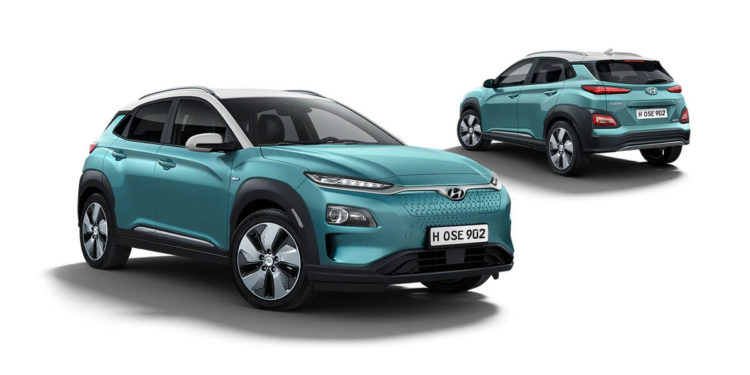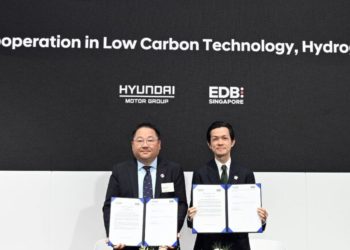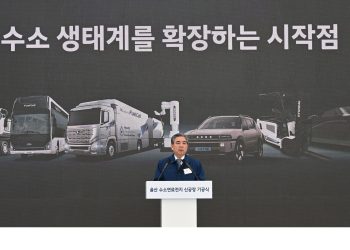The Ministry of Land, Infrastructure, and Transport (MOLIT) said on Thursday that Hyundai Motor would voluntarily recall 25,564 Kona electric vehicles (EVs) produced between 2017 and 2020. The decision came after a series of fires that started in 2018 at the company’s Ulsan plant.
Hyundai Motor suspected that a likely short circuit in the damaged batteries resulted in a string of fires.
Hyundai intends to inspect any irregularities in the batteries after upgrading its battery management system. The automaker aims to immediately replace the batteries showing any signs of damage and significant temperature changes.
Hyundai Motor apologized on Tuesday after a KONA EV recently caught fire, which resulted in the recall declaration. The fire incident occurred first at Hyundai’s Ulsan facility on May 19, 2018. Other similar occurrences of Kona EVs bursting into flames happened in 12 separate incidents. Two of those incidents happened overseas in Canada and Austria.
The latest fire incident occurred on Sunday when a car burst into flames while being charged at a parking lot in Daegu. The automobile burned down, but no one was reportedly hurt.
LG Chem intensely opposed blaming the battery, which the company provided for Hyundai Motor EVs. The company supplies lithium-ion car batteries used on the EVs. LG stated on Thursday that investigation results about the fire incidences did not identify the batteries as the probable cause. The company also claimed that the joint test done with Hyundai Motor did not result in a fire.
However, LG Chem stated it would actively join Hyundai Motor in investigating the exact cause of the fires in the Kona EVs. The Kona EV ranks as the second most popular EV in Korea after Tesla’s Model 3.
Korean consumers purchased around 30,000 units from more than 100,000 Kona EV units acquired since 2018 worldwide.







